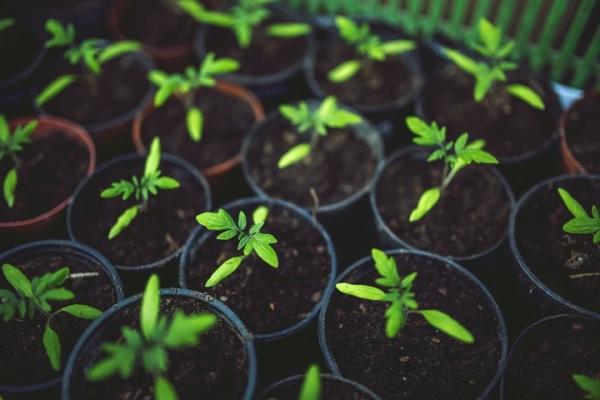Eco-Friendly Tips for a Truly Green Garden
- January 7 2017
- 3 min read
Eco-Friendly Tips for a Truly Green Garden

Not everyone has a green thumb when it comes to gardening but that doesn't mean we can't all try to be greener and there are plenty of eco-friendly ways to do so.
Not only do eco-gardeners have the ability to create a more self-sustaining environment, but according to studies, their eco-gardening techniques can help reduce greenhouse gas emissions, making a positive impact on the slowing of climate change. They can also cut energy use and reduce waste.
If you're looking to transform your garden into an eco-friendly oasis, below are some green tips to help get you started.
Attract Friendly Bugs That Reduce Harmful Bugs
If you detest bugs, that's okay, but it's important to note that some bugs are friendlier than others and can help reduce the population of harmful bugs. Ladybugs and green lacewings, for instance, eat aphids such as the blackfly that are known to destroy crops. Naturally, these friendly bugs help control many different pests, so it's worth growing plants that attract these types of bugs.
Birds can also aid your garden from other harmful pests such as snails and slugs. Install bird feeders and nesting boxes that will attract a variety of different birds to take care of this job.
Set Up a Compost Bin
Composting is one of the easiest ways to kickstart your eco-friendly garden. To set up your compost bin, begin by collecting ingredients that are compostable, items such as coffee grounds, shredded paper, seed paper, weeds, and table scraps.
By adding compost to your garden, you're introducing new microorganisms that will prevent plant disease from spreading and promote plant growth. You're essentially reducing your waste and creating an alternative to harmful, chemical-filled fertilizers.
Go Organic
Another way to create an eco-garden is by going organic. Say goodbye to harmful pesticides and fertilizers. Instead use organic soil, compost, and non-GMO seeds.
Install Solar Lighting
If you sit out on the patio or in the garden at night, you can reduce your electricity use by changing your lights to solar. Not only with you be benefitting the environment, you'll also save money on your next electricity bill.
Do you have any eco-friendly gardening tips to share? We'd love to hear from you in the comments section below.
Gain access to Orders, Tracking, Custom Options and Much More!